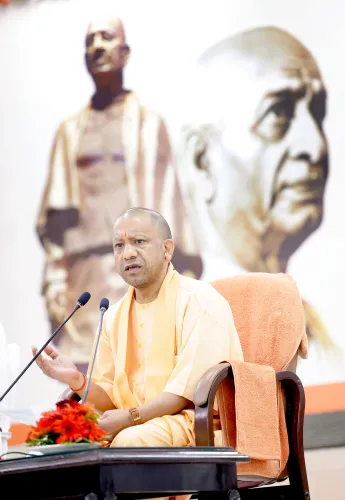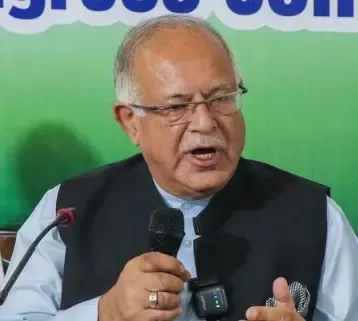Calcutta High Court Set to Rule on Partha Chatterjee's Bail Request Today in Bengal School Job Case

Kolkata, Dec 24 (NationPress) A single-judge bench of the Calcutta High Court is poised to deliver the ruling on the bail application lodged by former West Bengal Education Minister and ex-general secretary of the Trinamool Congress, Partha Chatterjee. This case involves the Central Bureau of Investigation (CBI) and pertains to the cash-for-school job scandal in West Bengal.
The hearing concluded on December 17, with Justice Tapabrata Chakraborty reserving the judgment. On November 20, a division bench comprising Justice Arijit Bandopadhya and Justice Apruba Sinha Roy had delivered a split decision regarding bail for Chatterjee and eight other accused individuals.
While Justice Bandopadhya supported bail for Chatterjee and the eight others, Justice Sinha Roy denied bail to Chatterjee and four others.
Afterward, the Chief Justice of the Calcutta High Court assigned the case to Justice Tapabrata Chakraborty, who completed the detailed hearings by December 17.
Chatterjee faces two concurrent cases: one by the CBI and another by the Enforcement Directorate (ED).
Arrested in July 2022 by the ED, Chatterjee has been in custody since substantial sums of cash and gold were discovered at the residences of his close associate Arpita Mukherjee. Since then, he has resided in a solitary cell at Presidency Central Correctional Home, with multiple bail applications being rejected across various courts. Mukherjee continues to be in judicial custody.
Recently, a division bench of the Supreme Court granted conditional bail to Chatterjee in the case registered by the ED. Nevertheless, the CBI subsequently arrested him in the same case, prompting his legal counsel to submit a new bail petition to the Calcutta High Court.
The CBI has also lodged a complaint with the court, accusing the West Bengal government of unnecessarily delaying the approval required for its employees.









